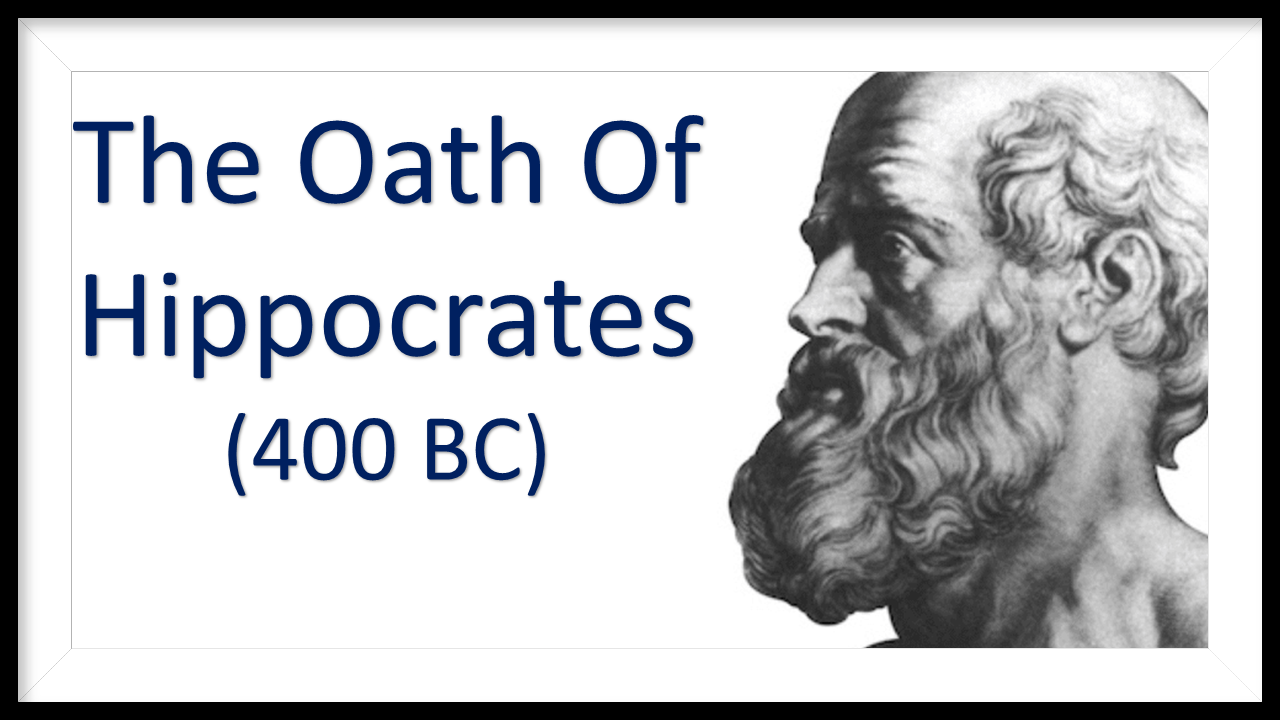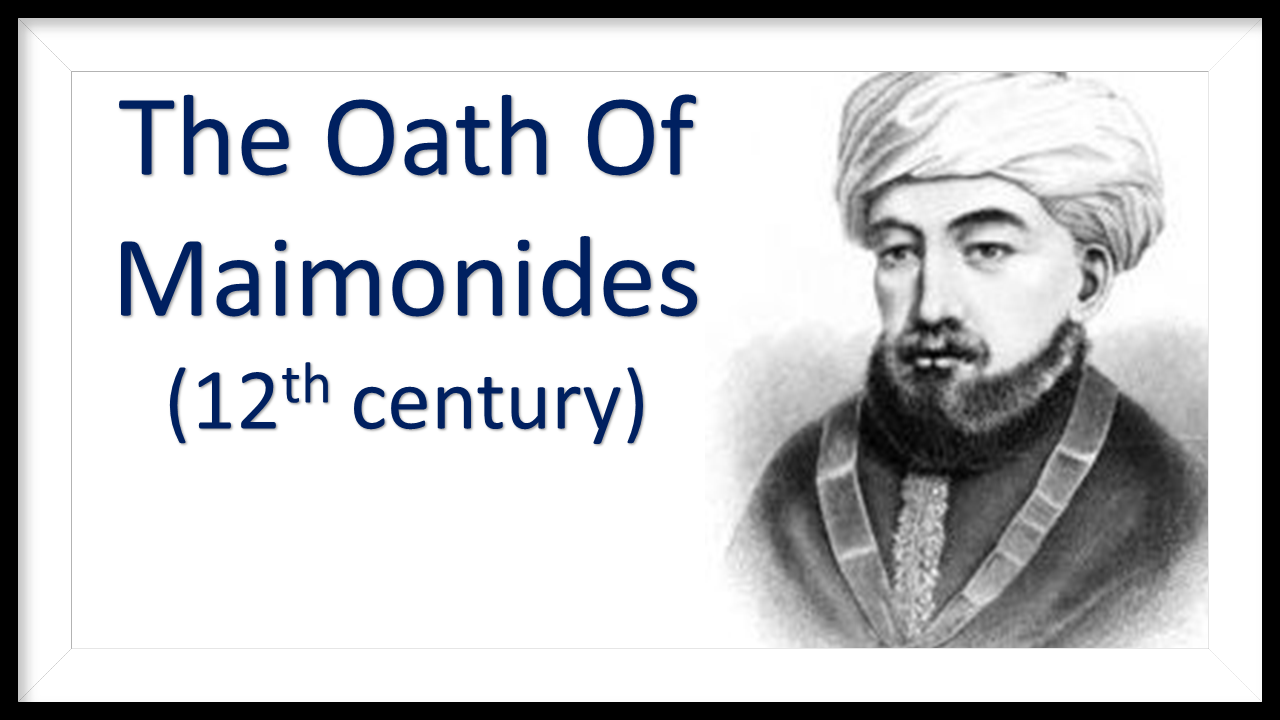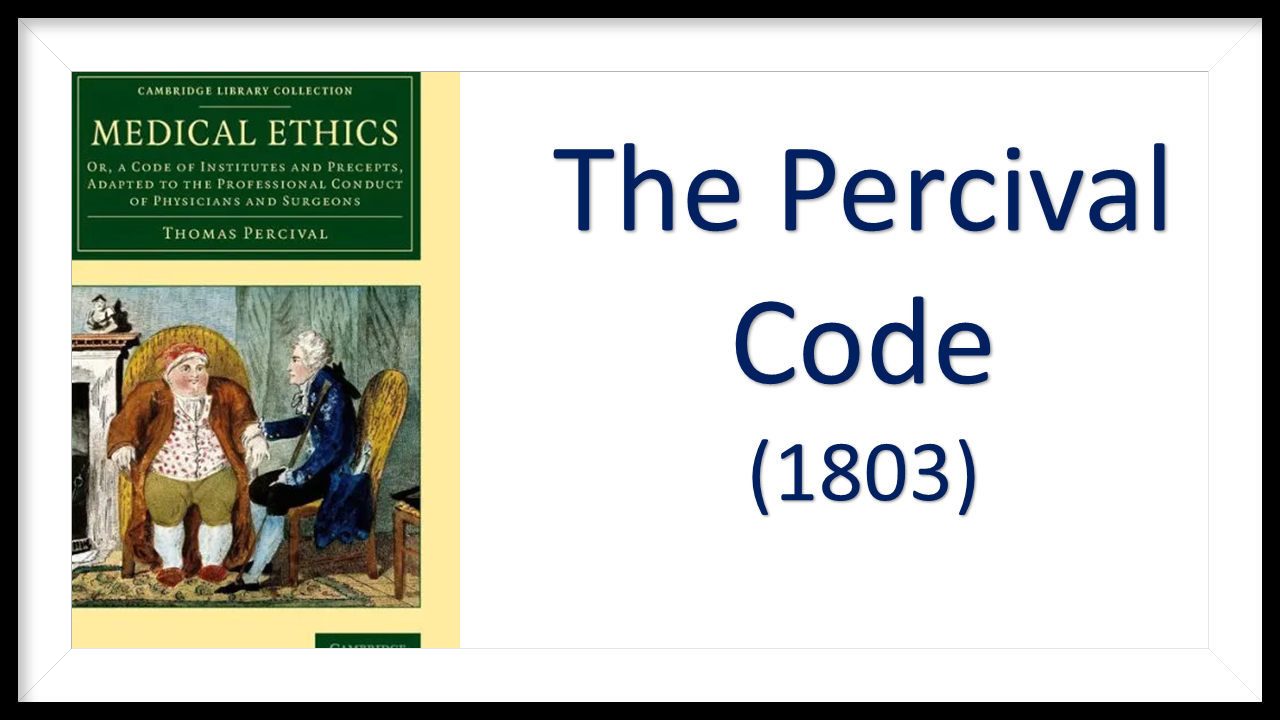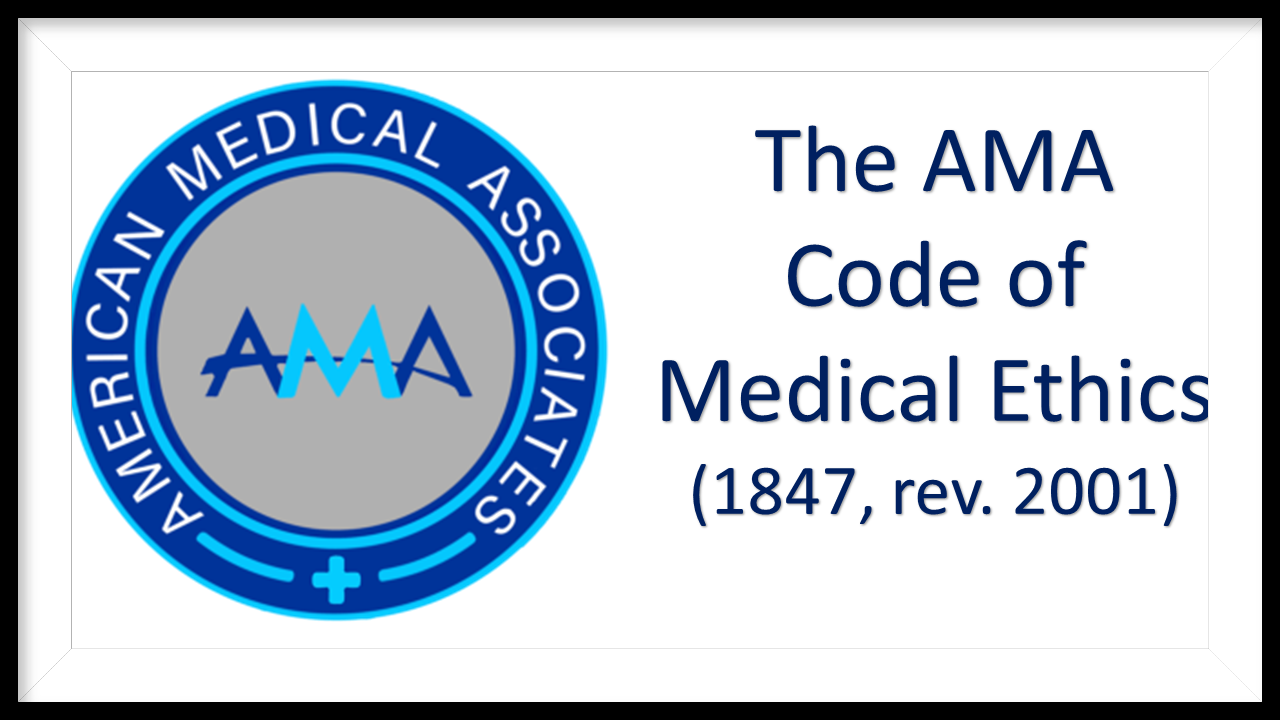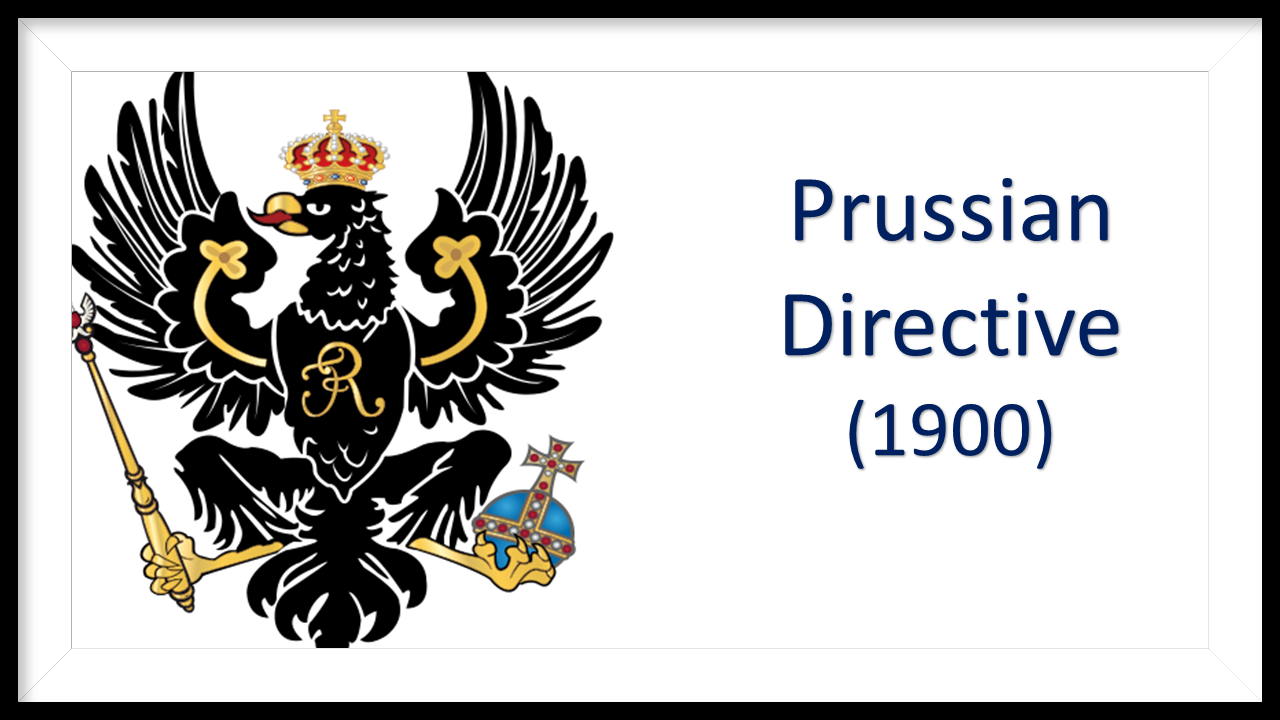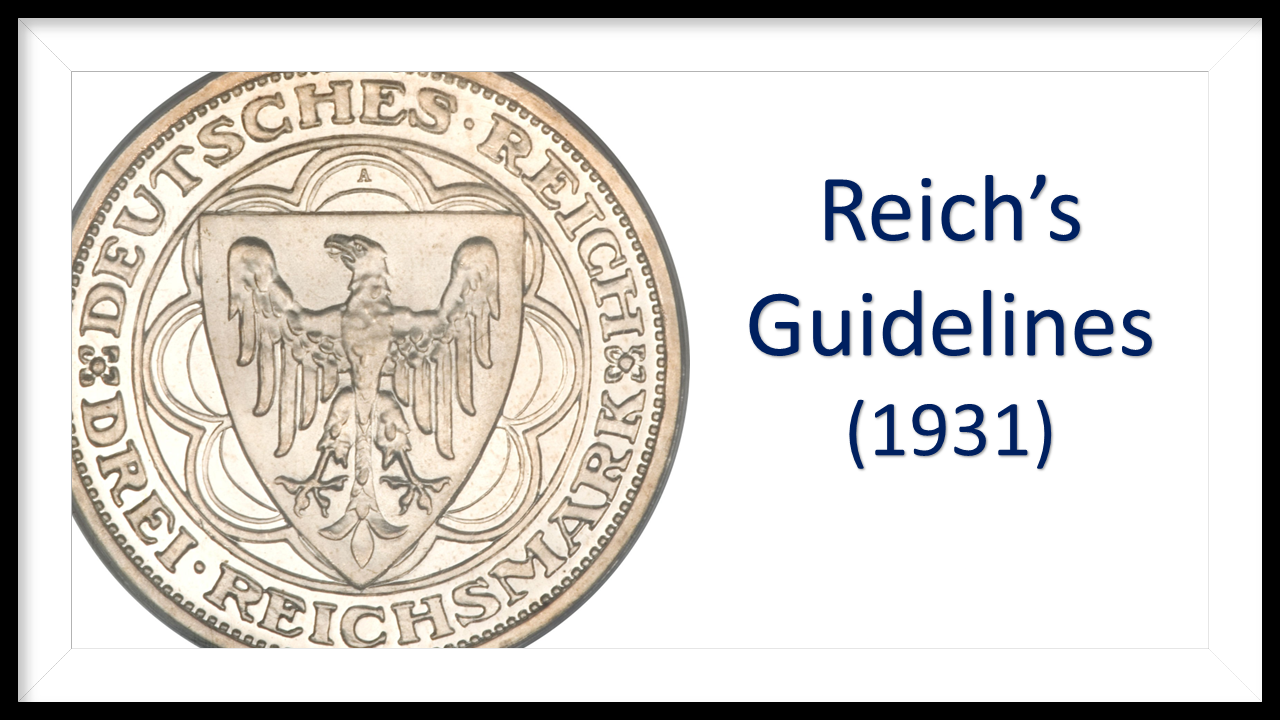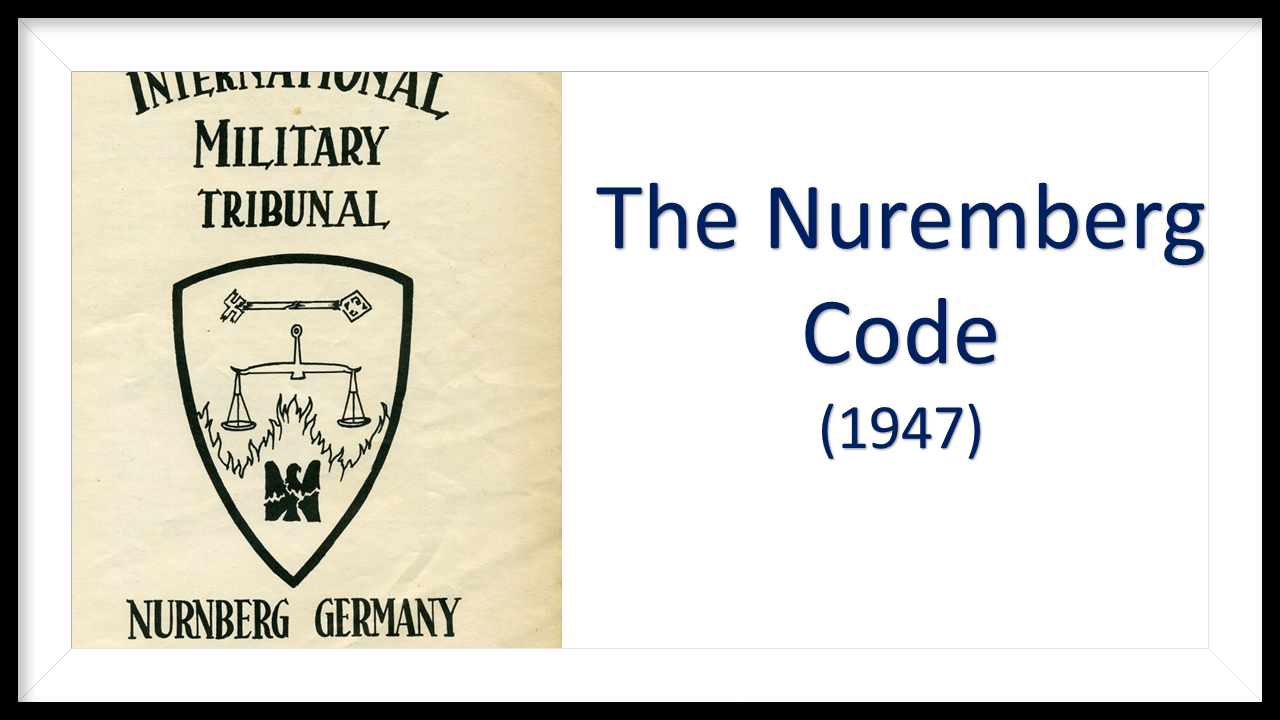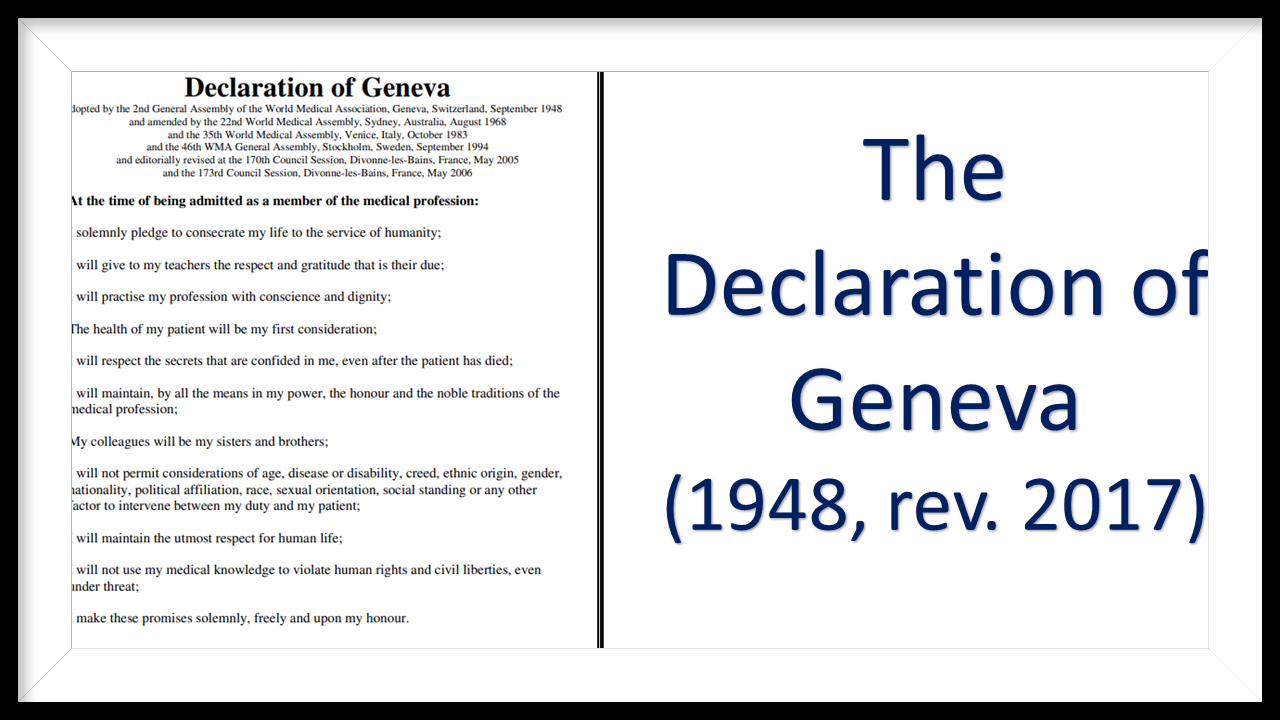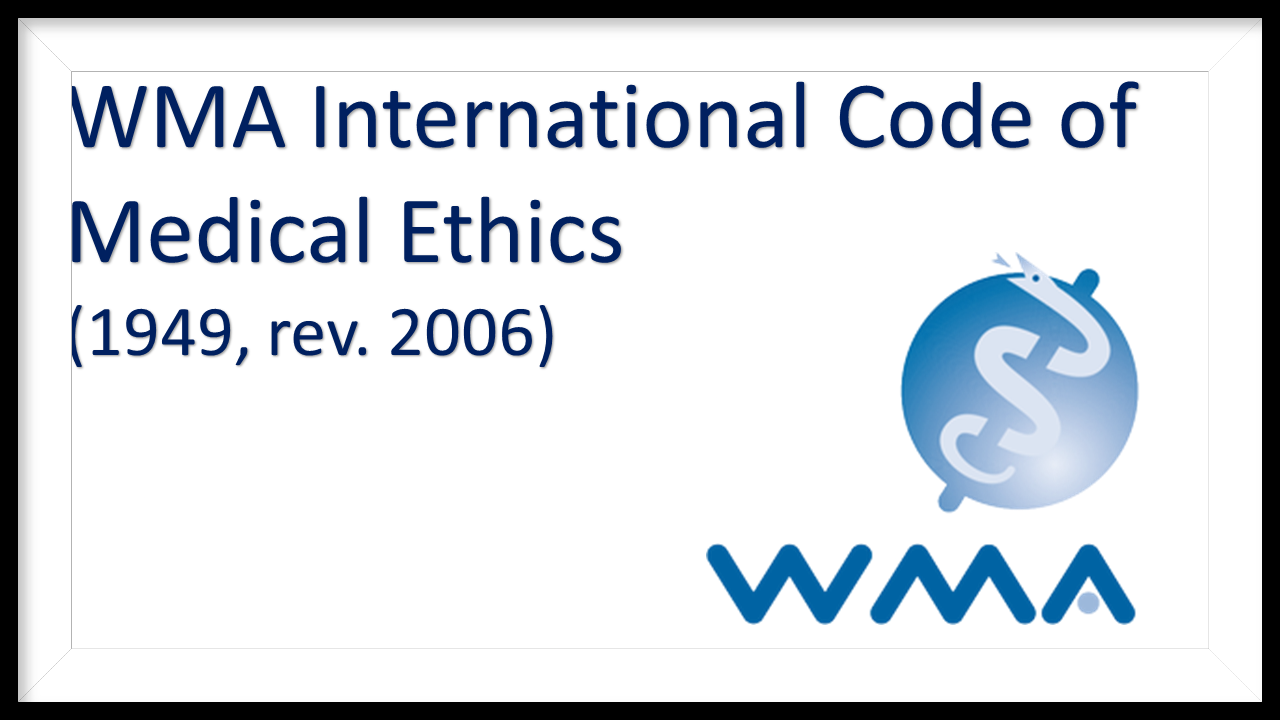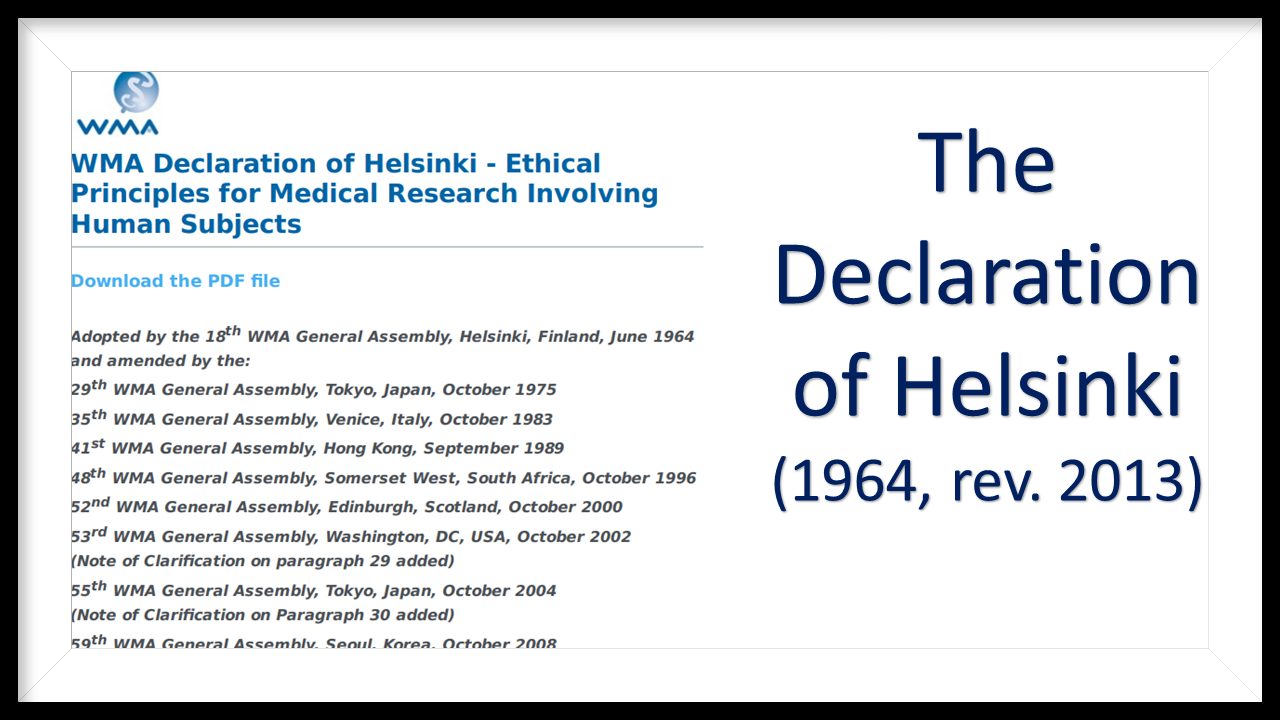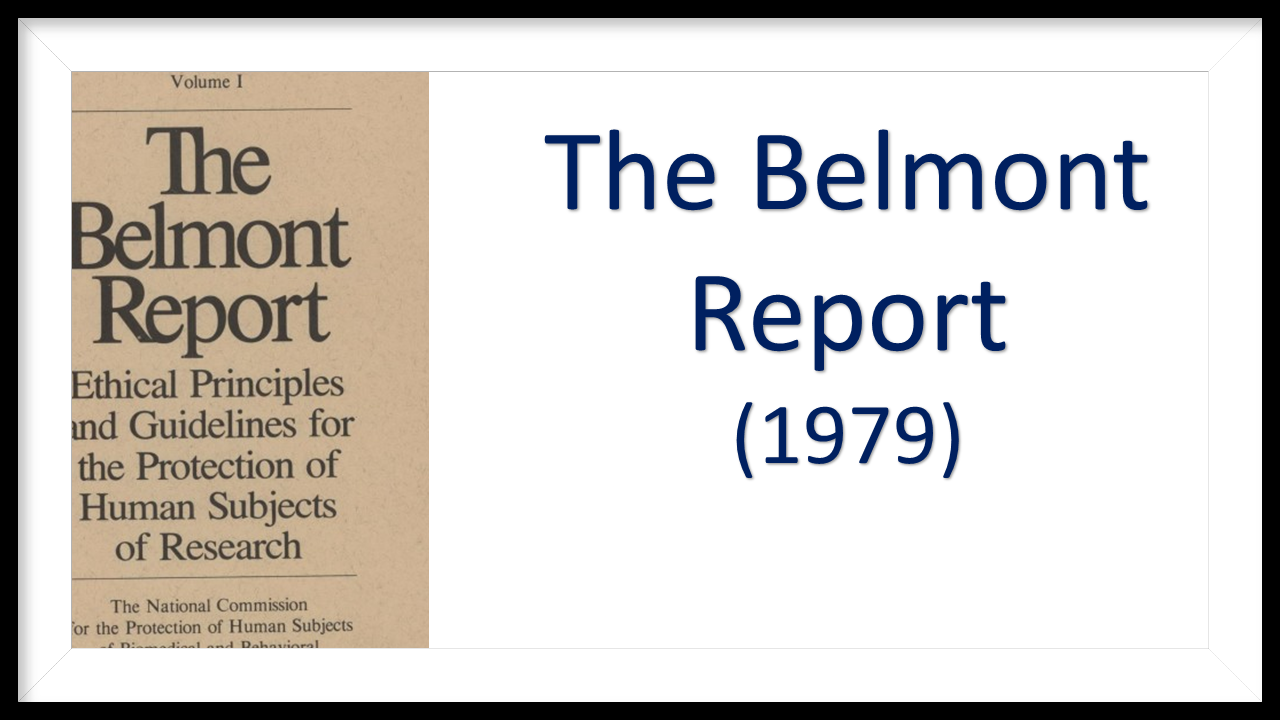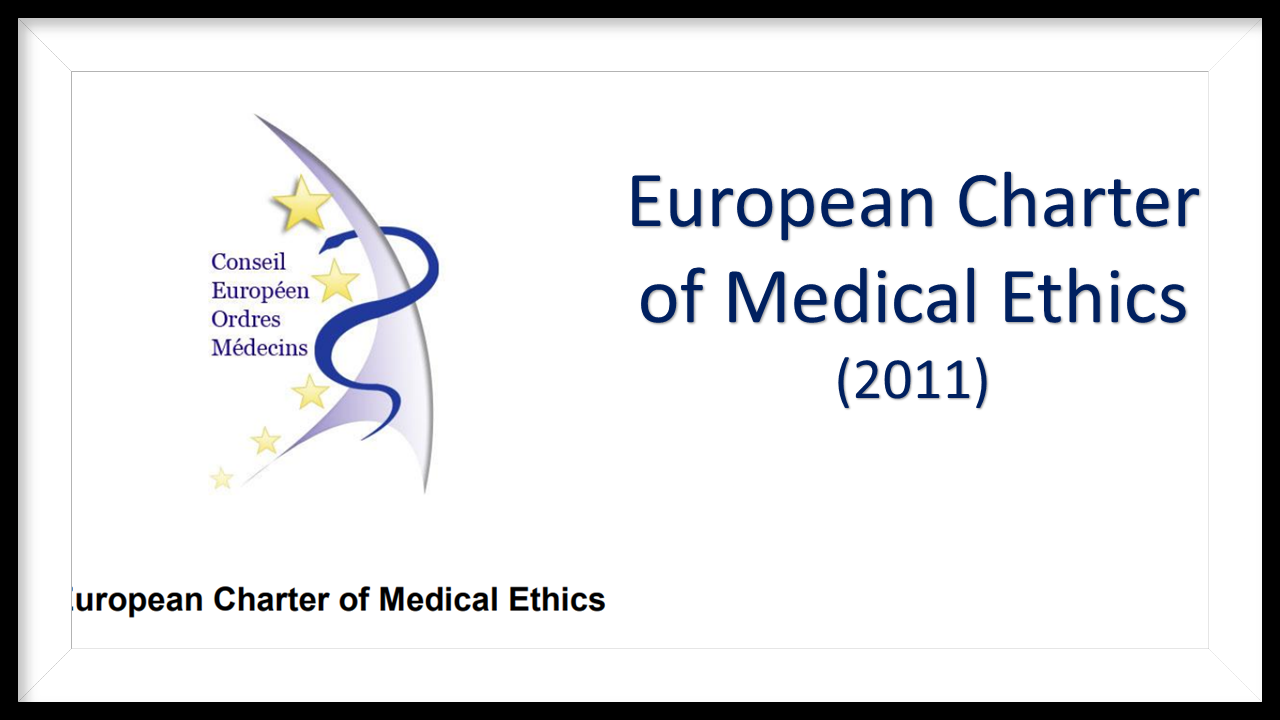
Follow VAERS Explorer on Social Media
The Oath of Hippocrates
(400 BC)
The Hippocratic Oath (400 BC) is one of the oldest binding documents. The Hippocratic Oath is attributed to the ancient Greek physician Hippocrates. The Hippocratic Collection (Corpus Hippocraticum) survived until modern times. The original version of the Oath was translated from Greek by Francis Adams (1849) and Ludwig Edelstein (1945). The manuscript contains information on medical matters and a code of ethical obligations for practitioners and teachers of medicine. Multiple modern versions exist, adapted to evolving practice of medicine.
Hippocratic Oath (translation by Ludwig Edelstein, 1945)
I swear by Apollo Physician and Asclepius and Hygieia and Panaceia and all the gods and goddesses, making them my witnesses, that I will fulfill according to my ability and judgment this Oath and this covenant:
To hold him who has taught me this art as equal to my parents and to live my life in partnership with him, and if he is in need of money to give him a share of mine, and to regard his offspring as equal to my brothers in male lineage and to teach them this art - if they desire to learn it - without fee and covenant; to give a share of precepts and oral instruction and all the other learning to my sons and to the sons of him who has instructed me and to pupils who have signed the covenant and have taken an oath according to the medical law, but no one else.
I will apply dietetic measures for the benefit of the sick according to my ability and judgment; I will keep them from harm and injustice.
I will neither give a deadly drug to anybody who asked for it, nor will I make a suggestion to this effect. Similarly, I will not give to a woman an abortive remedy. In purity and holiness, I will guard my life and my art.
I will not use the knife, not even on sufferers from stone, but will withdraw in favor of such men as are engaged in this work.
Whatever houses I may visit, I will come for the benefit of the sick, remaining free of all intentional injustice, of all mischief, and in particular of sexual relations with both female and male persons, be they free or slaves.
What I may see or hear in the course of the treatment or even outside of the treatment in regard to the life of men, which on no account one must spread abroad, I will keep to myself, holding such things shameful to be spoken about.
If I fulfill this Oath and do not violate it, may it be granted to me to enjoy life and art, being honored with fame among all men for all time to come; if I transgress it and swear falsely, may the opposite of all this be my lot.
References:
Britannica, T. Editors of Encyclopaedia (2019, December 4). Hippocratic oath. Encyclopedia Britannica. https://www.britannica.com/topic/Hippocratic-oath
Jones, W. (1945). The Hippocratic Oath - Ludwig Edelstein: The Hippocratic Oath. Text, Translation, and Interpretation. Pp. vii 64.
Baltimore: Johns Hopkins Press, 1943. Paper, $1.25. The Classical Review, 59(1), 14-15. doi:10.1017/S0009840X00087515. Available at https://www.cambridge.org/core/journals/classical-review/article/abs/hippocratic-oath-ludwig-edelstein-the-hippocratic-oath-text-translation-and-interpretation-pp-vii64-baltimore-johns-hopkins-press-1943-paper-125/BEE50817C90F6B22017429543454269C
Last updated: September 10, 2022
Milestones in Medical Ethics
Follow VAERS Explorer on Social Media


